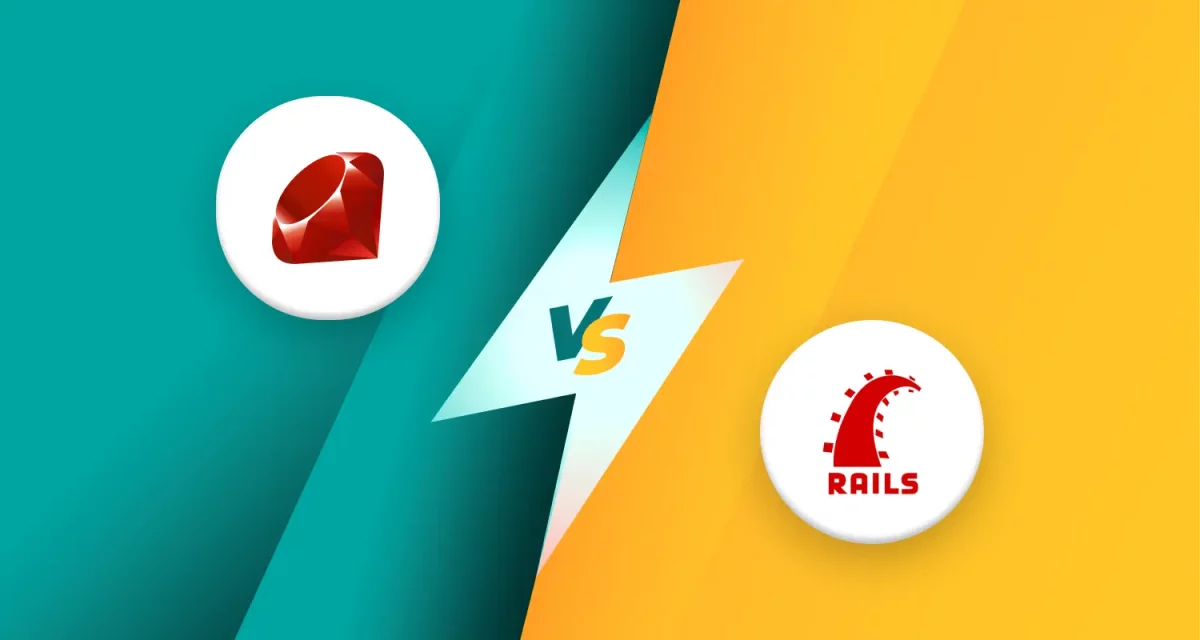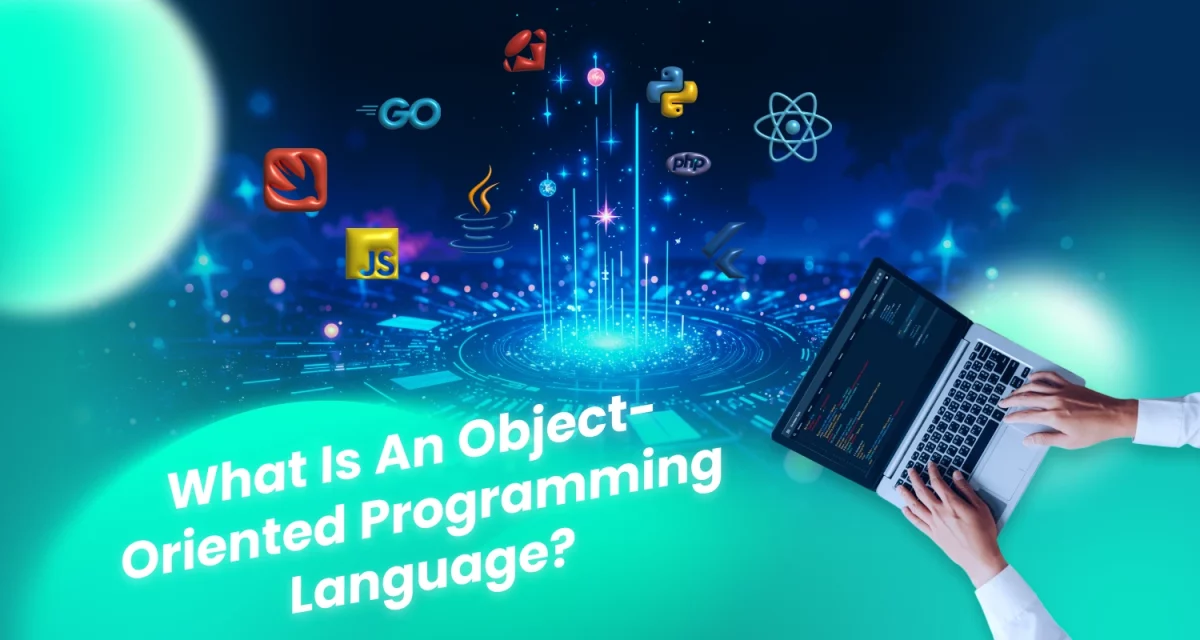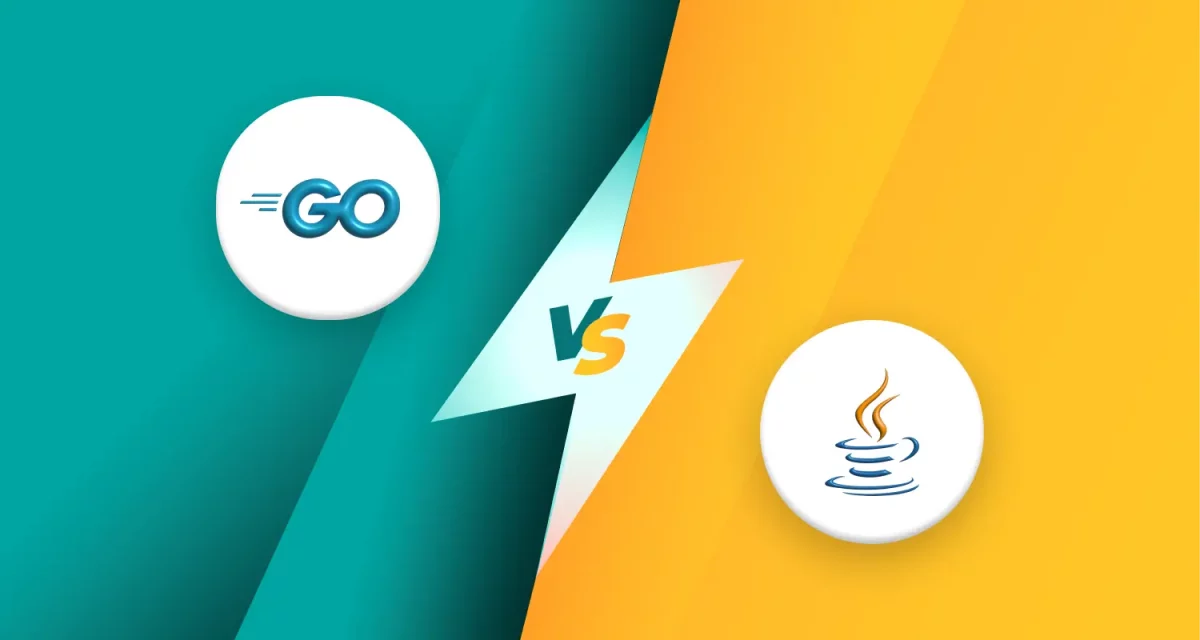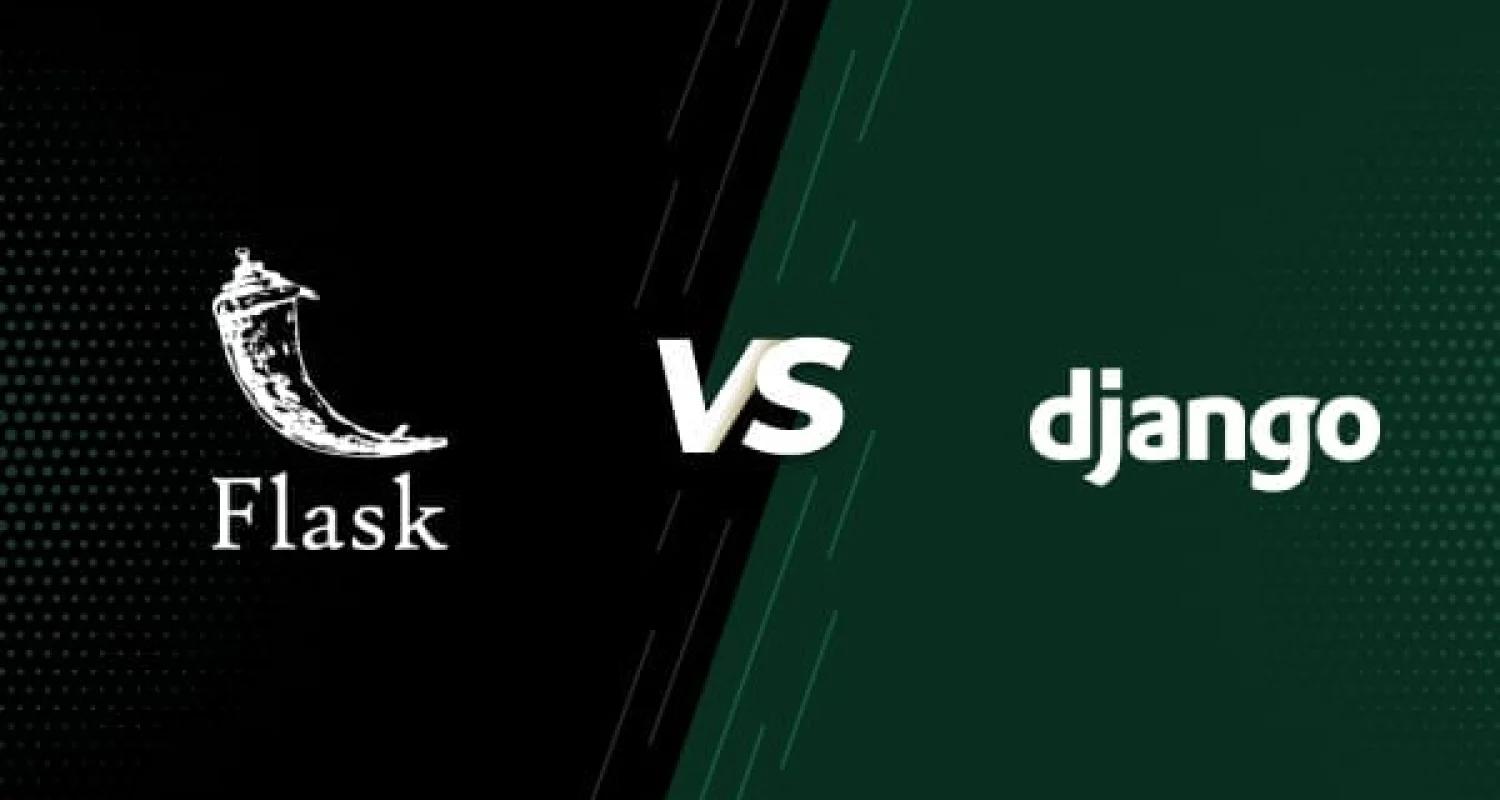
Python is taking the world by storm alongside the web development frameworks, with Django vs Flask reigning the scene. Flipping through the JetBrains Python Developers Survey, we see that the use and demand for Python are only increasing. Along with that, the use of Django vs Flask as the go-to framework also rises!
In this blog, Stepmedia Software aims to provide a clear and objective comparison what is the difference between Flask and Django for web development. By understanding their strengths and limitations, developers can make informed decisions tailored to their web development projects.
1. What is Flask?
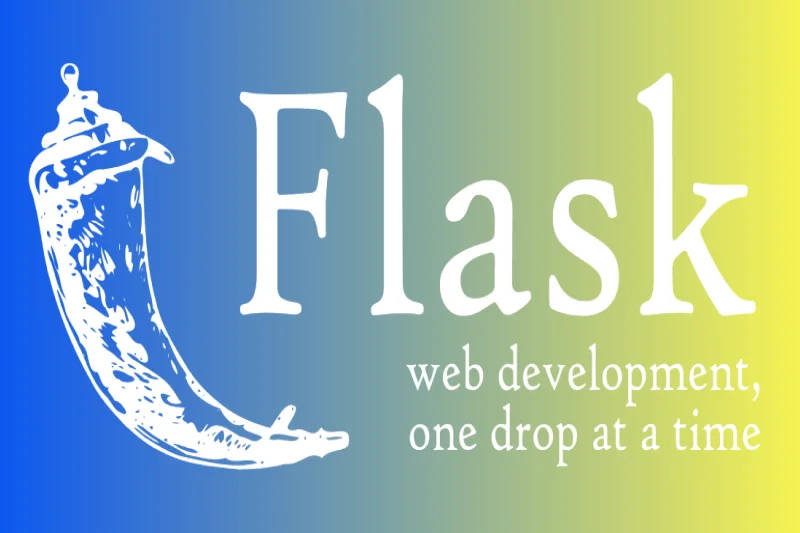
Flask is a lightweight, minimalist web framework. It is often called a “microframework” because it provides only the essential tools needed to get started, leaving much of the customization and extension to the developer.
1.1. Key characteristics
- Flexibility and extensibility
Flask’s design philosophy emphasizes freedom. Developers can choose components, libraries, and tools that fit their project requirements. This makes Flask a highly flexible and extensible framework.
- Ease of use
Flask’s simple structure and API make it easy to learn and use. It’s a great starting point for beginners and an efficient choice for seasoned developers building smaller projects or APIs.
1.2. Key features
- URL mapping: With Flask, developers can easily create user-friendly URLs by assigning specific functions to designated URL routes or paths.
- Jinja2 templating: Flask leverages the Jinja2 template engine, which has a fairly straightforward syntax and allows for dynamic content generation.
- WSGI tool: Flask is designed on top of the Werkzeug, a tool that makes it possible to run on web applications without servers.
1.3. Popular Flask extensions
While Flask itself is minimal, its ecosystem includes powerful extensions that add functionality:
- SQLAlchemy: For database integration and ORM functionality.
- Flask-WTF: Simplifies form handling and validation.
- Flask-RESTful: Makes it easier to build RESTful APIs.
- Flask-SocketIO: Adds WebSocket support for real-time communication.
Flask’s extensibility and simplicity make it a preferred choice for projects requiring high customization or rapid development.
Read more: C# vs Java: Similarities, Differences, and Practical Insights
2. What is Django?
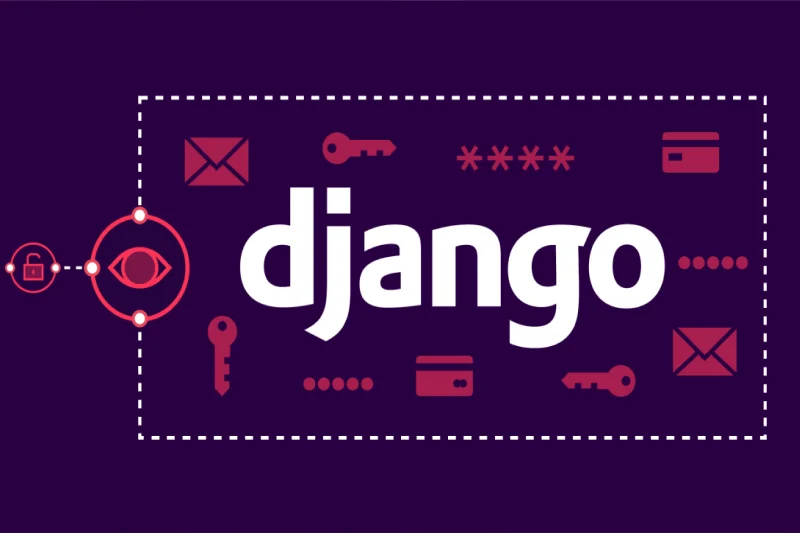
Django is a high-level, full-featured web framework. It follows a “batteries-included” approach, providing developers with a comprehensive toolkit to build robust web applications quickly and efficiently.
2.1. Key characteristics
- Comprehensive and structured
Django’s structure and conventions make it highly organized. Developers don’t need to decide on components or tools—everything needed is included and well-integrated.
- “Batteries-included”
Django provides built-in solutions for many common web development with Django tasks. This approach minimizes the need for third-party extensions and speeds up development for complex applications.
2.2. Key features
- Object-relational mapper (ORM): Django’s ORM simplifies database interactions, enabling developers to query and manipulate data using Python code.
- Built-in admin interface: Django automatically generates an admin dashboard for managing application data, saving time and effort.
- Authentication system: With built-in user authentication, Django streamlines tasks like login, registration, and user permissions.
- Templating engine: Django’s system is intuitive and designed for rendering dynamic content.
- Security features: Django protects against common vulnerabilities like SQL injection, cross-site scripting (XSS), and cross-site request forgery (CSRF).
The Django Software Foundation boasts a mature ecosystem and extensive community support.
Read more: Top 100 Best Programming Language for Software Development
3. Advantages of Flask over Django
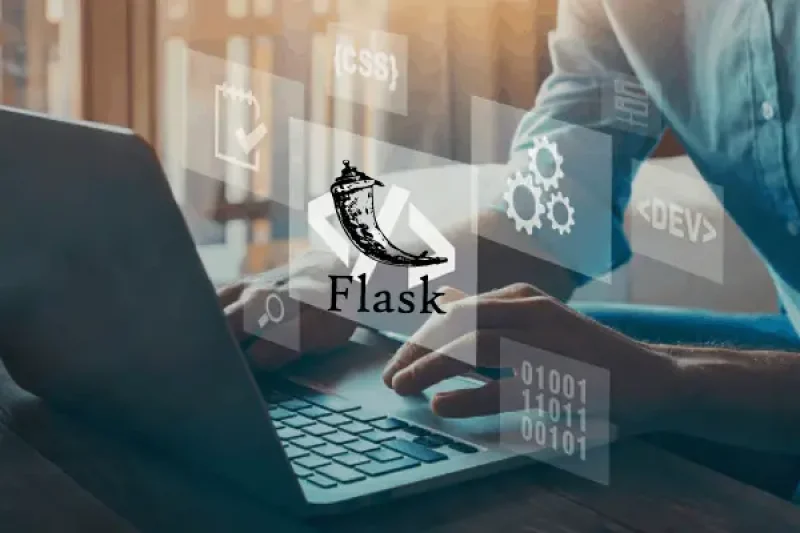
The Flask vs Django comparison highlights the diversity in web development frameworks, each offering a unique approach to building applications with Flask. Both are widely used and provide developers with robust tools tailored to different project scopes and goals.
Greater flexibility
Flask is a microframework written in Python programming language with its usefulness earning it a substantial following. Alternatively, Django comes with many features preinstalled and is therefore somewhat restrictive, while the choice of frameworks, tools and libraries in Flask is left to the developer. This do-it-yourself logic allows applications to be crafted precisely according to users’ wishes.
Customizable components
One of Flask’s standout features is its ability to integrate and swap out components effortlessly. For instance, developers can choose their preferred templating engine or database ORM without being tied to Django’s defaults, like the Django ORM and templating system. This makes Flask a perfect fit for developers who want granular control over their application architecture.
Lightweight and simple
The flask’s minimalistic nature makes it lightweight and fast. With a smaller codebase and fewer dependencies, developers can kickstart projects quickly without being bogged down by unnecessary features.
Minimalistic approach
Flask does not enforce a rigid structure. This allows developers to design applications that suit their specific requirements. The flexibility means faster development cycles and the ability to pivot quickly if project requirements change.
Easier to learn for beginners
Flask’s simplicity makes it an excellent choice for developers new to web development. Its straightforward structure and clean API ensure that beginners can quickly grasp the basics and build applications with Flask.
Simplicity in structure
A typical Flask application consists of a few files, making it easy to understand and maintain. There are no predefined rules on directory structure or application design, which reduces the learning curve significantly.
Better for microservices
Flask’s lightweight nature and modularity make it ideal for building microservices. These small, self-contained applications handle specific tasks within a larger system.
Suitable for small, modular applications
Flask is an excellent choice for creating RESTful APIs or microservices. Its minimal dependencies ensure faster performance and easy deployment, critical for modern, scalable architectures.
4. Key differences: Flask vs Django
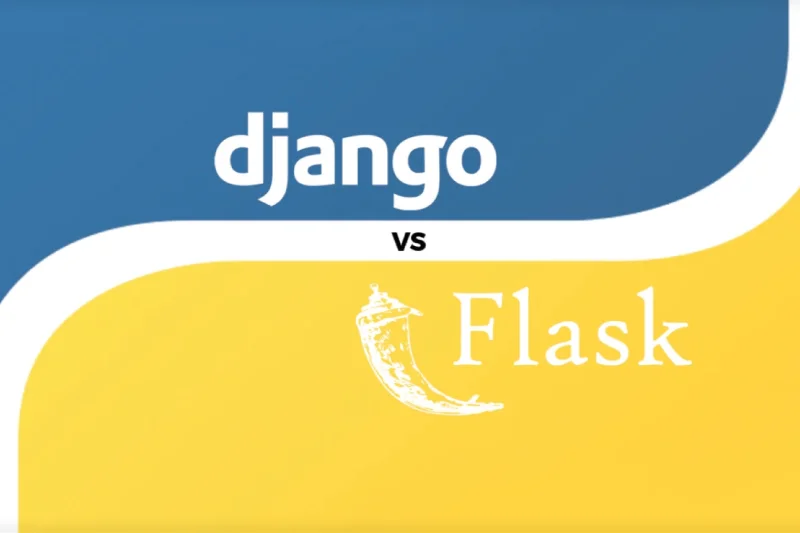
To understand the difference between Flask and Django for web development, let’s compare them across several factors to consider whether Django or Flask is better.
|
Aspect
|
Flask
|
Django
|
|
Core Philosophy
|
Flexibility, minimalism, “do-it-yourself” approach
|
Structure, convention over configuration, “batteries-included.”
|
|
Project size & complexity
|
Ideal for smaller projects, APIs, microservices, prototypes
|
Best for large, complex applications with diverse requirements
|
|
Learning curve
|
Easier to learn and get started
|
Steeper learning curve due to built-in features
|
|
Development speed
|
Faster for small projects
|
Faster for large projects due to built-in tools
|
|
Control & Customization
|
Provides maximum control to developers
|
More structured, less customizable
|
|
Community & Ecosystem
|
Active community, smaller ecosystem
|
A larger, more mature community
|
Core Philosophy
Flask embraces minimalism and flexibility. Developers can choose components and decide how to structure their applications. In contrast, Django follows the “batteries-included” philosophy, offering a full-stack framework with predefined components and structures.
For example, Flask lets you pick your preferred database library, while Django uses its ORM by default. This makes Flask more adaptable but also demands more decision-making from developers.
Project size and complexity
Flask is ideal for small-scale applications like APIs, microservices, and prototypes. Minimalism helps in keeping everything simple and easy to maintain. On the other hand, Django works great for big, complex applications where the built-in authentication, admin interface, and database migrations come in handy.
For instance, Django’s comprehensive toolkit may save you time if you’re building a social media platform. But if you’re creating a lightweight API for mobile apps, Flask is likely a better choice.
Learning curve
The flask’s simplicity makes it beginner-friendly. Developers can start with a basic understanding of Python and build functional applications. Django’s extensive features, while powerful, require more time to learn and master.
Development speed
The development speed of Python Django vs Flask depends on the project type. Flask’s simplicity allows for rapid prototyping and development of small projects. Conversely, Django’s built-in features, such as form handling and authentication, can accelerate development for larger projects.
Control and customization
Flask’s flexibility is a double-edged sword. While it gives developers more control, it also means they must make more decisions about which tools to use. Django’s structured approach reduces decision fatigue but limits customization.
Community and ecosystem
Both frameworks have active communities and robust ecosystems. However, Django’s community is larger and more established. This can be beneficial for accessing third-party plugins, documentation, and support.
5. When to choose Flask over Django on web development?
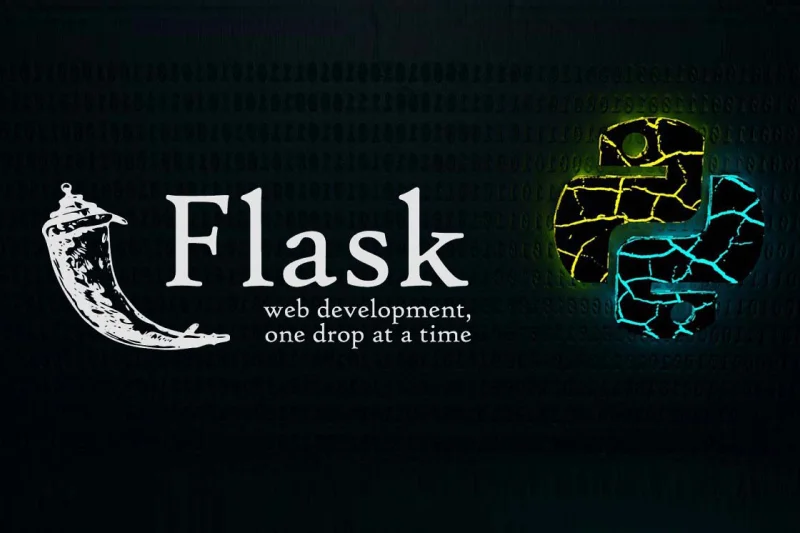
Flask is the better choice if:
- You need a lightweight application: Flask’s minimal dependencies make it ideal for small, fast applications.
- You prefer flexibility: If you want to select and integrate specific tools or components, Flask is the way to go.
- You’re building microservices: Flask’s modularity and speed make it perfect for microservices and RESTful APIs.
- You’re new to web development: Beginners often find Flask easier to learn and use.
Django is the better choice if:
- You’re building a large application: Django’s built-in features and structure excel in handling complex projects.
- You need a complete solution: Django’s “batteries-included” philosophy saves time for developers who want a comprehensive framework.
- You value convention over configuration: If you prefer predefined rules and structure, Django simplifies the development process.
6. Django vs Flask performance comparison
Performance is a key consideration for many developers. Here’s how the two frameworks stack up:
- Flask: Outperforms Django in scenarios requiring minimal overhead, such as serving lightweight APIs.
- Django: Slightly slower due to its comprehensive features, but this trade-off is acceptable for complex applications.
7. Use cases: Flask vs. Django
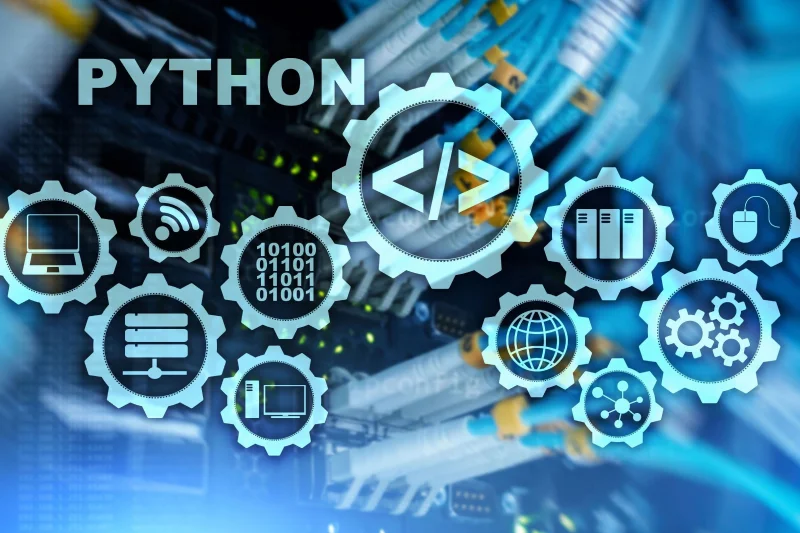
Flask is ideal for:
- Building RESTful APIs and microservices
- Single-page applications (SPAs)
- Prototypes and minimum viable products (MVPs)
- Data science and machine learning applications
- Small to medium-sized web applications
Django shines in:
- E-commerce platforms
- Content management systems (CMS)
- Social networks and community-based platforms
- Large-scale web applications with complex features
- Enterprise-level applications requiring high reliability and security
8. Choosing the right framework
When deciding between Python Django vs Flask, consider the following factors:
- Project requirements: For small, simple applications or APIs, Flask is the better choice. For large, feature-rich applications, Django’s comprehensive toolset is invaluable.
- Development speed: Flask’s simplicity speeds up small projects, while Django’s built-in tools expedite larger ones.
- Learning curve: Flask is easier for beginners, whereas Django is better suited for developers familiar with Python.
- Community and ecosystem: Both have strong communities, but Django’s larger ecosystem provides more resources and third-party extensions.
- Long-term goals: Consider the scalability of web frameworks and the complexity of your project. Flask offers flexibility, while Django ensures structure and reliability.
9. Conclusion
Flask and Django are powerful web development frameworks making unique contributions to emerging technology. While Flask is more like a blank canvas for personalizing modular and small applications and projects, Django is more engineered with an all-inclusive framework. Does integrating tools make it a rough choice? No, just as with many other frameworks, it has its pros and cons, too, provided that it is for large applications only.
The ultimate decision-making for selecting Flask or Django lies completely in your objectives. However, educating yourself on the difference between Flask and Django is more important. That is if you want to build the next big thing. Even if you are just getting started with Python web application development, it’s safe to say you will benefit in some way from the frameworks.


